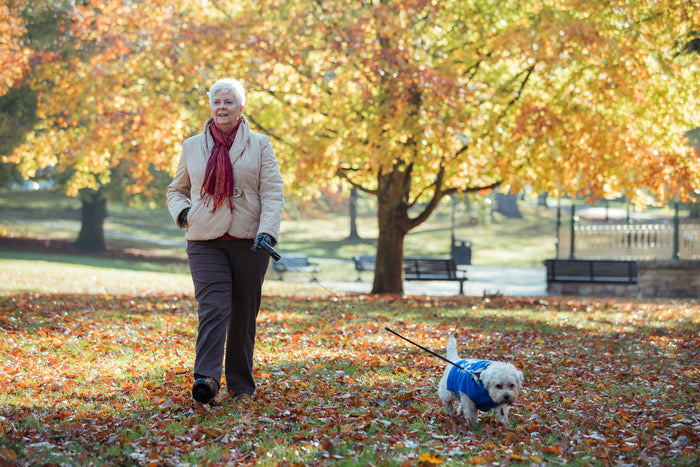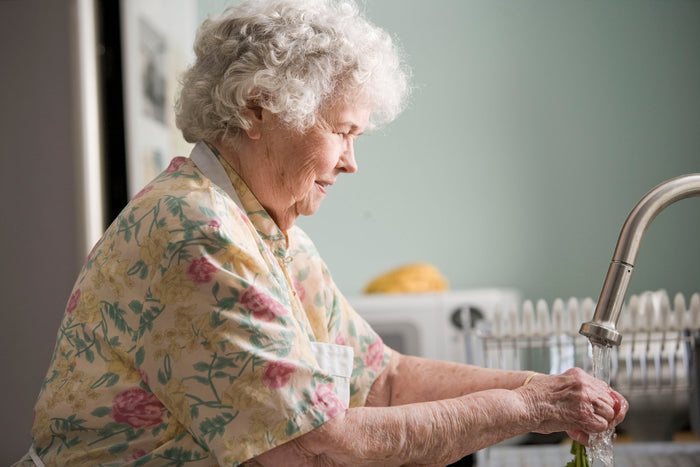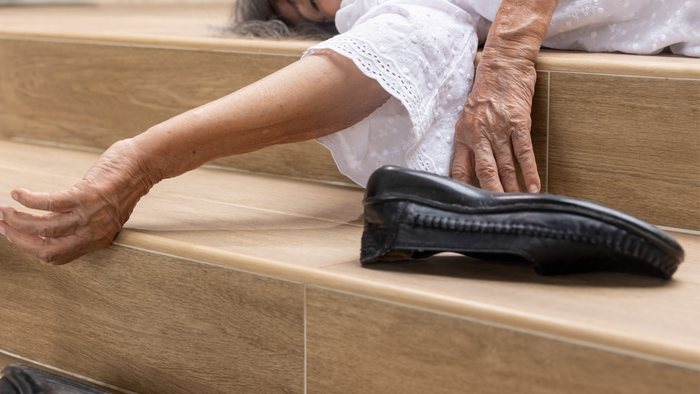Health and Wellness in later life

Health and Wellness in later life
As people age, their health needs evolve and they face different health concerns than they did in their youth. However, it’s never too late to prioritize your health and make positive changes to your lifestyle. In this blog, we’ll share tips for staying healthy and active in later life, as well as resources for managing chronic conditions and accessing care.
First and foremost, staying active is crucial to overall health and longevity. Regular exercise can help manage weight, lower cholesterol and blood pressure, and reduce the risk of developing chronic diseases such as heart disease, diabetes, and arthritis. It can also improve cognitive function and mental health.
But the thought of incorporating exercise into your daily routine can be daunting. Fortunately, there are many options that are comfortable and accessible for seniors. Some great low-impact exercises include walking, yoga, swimming, and tai chi.
Walking is one of the easiest ways to stay active and can be done almost anywhere. It’s important to invest in comfortable walking shoes and to start out slowly, gradually increasing the distance and difficulty of your walks.
Yoga is a gentle, relaxing exercise that can be practiced at your own pace and scaled to your physical abilities. It incorporates stretching and strengthening exercises, which are great for maintaining flexibility and mobility.
Swimming is a low-impact exercise that can help build strength and endurance. It’s also a great option for individuals with arthritis or joint pain, as it reduces stress on these areas.
Tai chi is a Chinese martial art that utilizes slow, flowing movements, which can improve coordination and balance. It’s also known to reduce stress and improve mental health.
In addition to staying active, maintaining a healthy diet is just as crucial. As we age, our nutrient needs change, and it becomes important to consume nutrient-dense foods that can promote optimal health. Some essential nutrients for seniors include protein, fiber, calcium, vitamin D, and vitamin B12.
Protein is important for maintaining muscle mass, which can help prevent falls and injury. Good sources of protein for seniors include lean meats, fish, beans, and eggs.
Fiber can help regulate digestion and prevent colon cancer. Foods high in fiber include whole grains, fruits, and vegetables.
Calcium and vitamin D are important for maintaining bone health and preventing fractures. Dairy products such as milk, cheese, and yogurt, as well as leafy greens such as kale and spinach, are all excellent sources of calcium. The best source of vitamin D is exposure to sunlight, but it can also be found in fortified foods such as milk and cereal.
Vitamin B12 is essential for maintaining energy levels and cognitive function. Good dietary sources of vitamin B12 include meat, eggs, and dairy products.
It’s also important to stay on top of chronic conditions that may develop as we age. Age-related conditions such as osteoporosis, diabetes, and heart disease can have serious health consequences if not managed properly. Seniors should be proactive in managing their health by attending regular check-ups with their healthcare providers and monitoring their blood pressure, blood sugar, and cholesterol levels.
There are also a variety of resources available to seniors who may need extra support managing their health. For people living alone or at risk of falling you should ensure you have a good personal alarm such as a panic alarm watch or a fall alarm for seniors like the SOS watch from WatchOvers.com
In conclusion, staying healthy and active in later life is essential to maintaining a high quality of life. Regular exercise, a healthy diet, and proactive management of chronic conditions can all help seniors live longer, more fulfilling lives. It’s important to take advantage of the resources available and to stay engaged in the community to ensure optimal health and well-being.
As people age, their health needs evolve and they face different health concerns than they did in their youth. However, it’s never too late to prioritize your health and make positive changes to your lifestyle. In this blog, we’ll share tips for staying healthy and active in later life, as well as resources for managing chronic conditions and accessing care.
First and foremost, staying active is crucial to overall health and longevity. Regular exercise can help manage weight, lower cholesterol and blood pressure, and reduce the risk of developing chronic diseases such as heart disease, diabetes, and arthritis. It can also improve cognitive function and mental health.
But the thought of incorporating exercise into your daily routine can be daunting. Fortunately, there are many options that are comfortable and accessible for seniors. Some great low-impact exercises include walking, yoga, swimming, and tai chi.
Walking is one of the easiest ways to stay active and can be done almost anywhere. It’s important to invest in comfortable walking shoes and to start out slowly, gradually increasing the distance and difficulty of your walks.
Yoga is a gentle, relaxing exercise that can be practiced at your own pace and scaled to your physical abilities. It incorporates stretching and strengthening exercises, which are great for maintaining flexibility and mobility.
Swimming is a low-impact exercise that can help build strength and endurance. It’s also a great option for individuals with arthritis or joint pain, as it reduces stress on these areas.
Tai chi is a Chinese martial art that utilizes slow, flowing movements, which can improve coordination and balance. It’s also known to reduce stress and improve mental health.
In addition to staying active, maintaining a healthy diet is just as crucial. As we age, our nutrient needs change, and it becomes important to consume nutrient-dense foods that can promote optimal health. Some essential nutrients for seniors include protein, fiber, calcium, vitamin D, and vitamin B12.
Protein is important for maintaining muscle mass, which can help prevent falls and injury. Good sources of protein for seniors include lean meats, fish, beans, and eggs.
Fiber can help regulate digestion and prevent colon cancer. Foods high in fiber include whole grains, fruits, and vegetables.
Calcium and vitamin D are important for maintaining bone health and preventing fractures. Dairy products such as milk, cheese, and yogurt, as well as leafy greens such as kale and spinach, are all excellent sources of calcium. The best source of vitamin D is exposure to sunlight, but it can also be found in fortified foods such as milk and cereal.
Vitamin B12 is essential for maintaining energy levels and cognitive function. Good dietary sources of vitamin B12 include meat, eggs, and dairy products.
It’s also important to stay on top of chronic conditions that may develop as we age. Age-related conditions such as osteoporosis, diabetes, and heart disease can have serious health consequences if not managed properly. Seniors should be proactive in managing their health by attending regular check-ups with their healthcare providers and monitoring their blood pressure, blood sugar, and cholesterol levels.
There are also a variety of resources available to seniors who may need extra support managing their health. For people living alone or at risk of falling you should ensure you have a good personal alarm such as a panic alarm watch or a fall alarm for seniors like the SOS watch from WatchOvers.com
In conclusion, staying healthy and active in later life is essential to maintaining a high quality of life. Regular exercise, a healthy diet, and proactive management of chronic conditions can all help seniors live longer, more fulfilling lives. It’s important to take advantage of the resources available and to stay engaged in the community to ensure optimal health and well-being.




